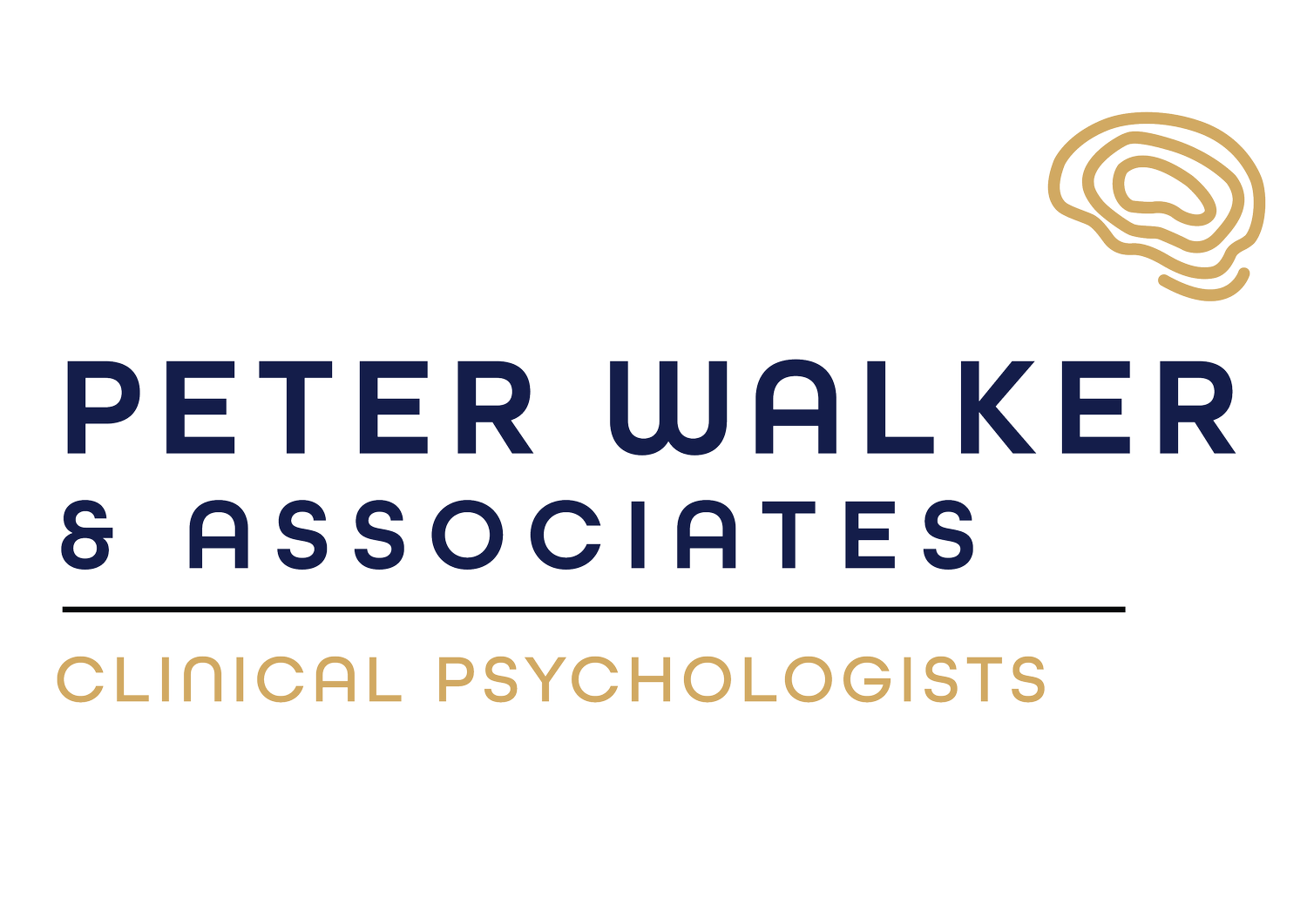Anxiety
What is anxiety?
Anxiety is an emotion that helps to protect us from threat. It is an uncomfortable state involving a pattern of physical changes, thoughts, behaviours and attention processes.
Anxiety is a normal human experience. However, it can become excessive and disabling in some people.
For example, if you feel anxious about speaking in front of a group, you’re likely to:
worry others will evaluate you negatively
experience physical changes including increased blood pressure, heart rate and breathing rate
over-prepare and be highly aware of your social performance
When anxiety becomes chronic, out of proportion to the trigger, or starts affecting your everyday life, you can get support from a clinical psychologist to diagnose and treat your specific type of anxiety.
Types of anxiety
Different people experience different types of anxiety.
-
With general anxiety, people experience excessive and uncontrollable worry about a range of concerns. Worries usually revolve around specific things, such as money, world events or the safety of loved ones.
-
In this condition, people experience recurrent panic attacks. Panic attacks are sudden feelings of being overwhelmed, along with physical symptoms such as:
increased heart and breathing rate
tingling in the hands and feet
feelings of unreality.
Panic attacks are usually associated with a catastrophic sense that a situation is dangerous. Sufferers often feel like they’re having a heart attack, going mad, or losing control of themselves.
-
Someone experiencing agoraphobia tends to avoid certain situations, often due to fear they will have a panic attack. Common situations they avoid include enclosed spaces, public transport, or going outside of the home alone.
-
Phobias are extreme and irrational fears of specific objects or situations. You can develop a phobia about almost anything. However, common phobias usually make some sense from a survival perspective. Examples include:
height phobia (acrophobia)
spider phobia (arachnophobia)
snake phobia (ophidiophobia).
-
People with OCD experience distressing, unwanted, intrusive thoughts or images, known as obsessions. They then develop behaviours that aim to counter this distress – called compulsions. These often become repetitive, time consuming and disruptive to the person’s life. Examples include excessive washing to remove germs or checking that doors are locked or the stove turned off.
-
This condition can occur after someone experiences, witnesses or is exposed to the details of a traumatic event. PTSD is diagnosed when someone:
excessively avoids situations or experiences which could relate back to the trauma
has intrusive symptoms such as flashbacks or nightmares
shows signs of increased reactivity, such as irritability, impaired concentration and negative changes in mood.
How we work with you to treat anxiety
Our experienced clinical psychologists have extensive experience assisting people with anxiety. Our goal is to help to shed light on why you feel anxious and help you learn to manage your anxiety so you can live life to the full.
A range of psychological treatments have been developed to manage anxiety; the most widely researched and proven is Cognitive Behavioural Therapy (CBT).
Your psychologist will work with you to tailor your treatment to your specific concerns and goals. This involves developing a shared understanding of the factors maintaining your anxiety. Common examples include excessive avoidance of feared situations, unrealistic assumptions and expectations, and an excessive focus on perceived threats.
Treatment works to modify these factors in a structured way. Examples of treatment for anxiety disorders include:
- exposure therapy – where you are supported to progressively face your fears
- cognitive therapy – which involves learning to identify and challenge unhelpful assumptions about your fears
- attention training – in which you strengthen your ability to sustain your attention in particular ways.

